Transparency? What transparency?
As Facebook, Google and Twitter all find themselves in hot water over use of user data, is it becoming impossible to know who to trust online?
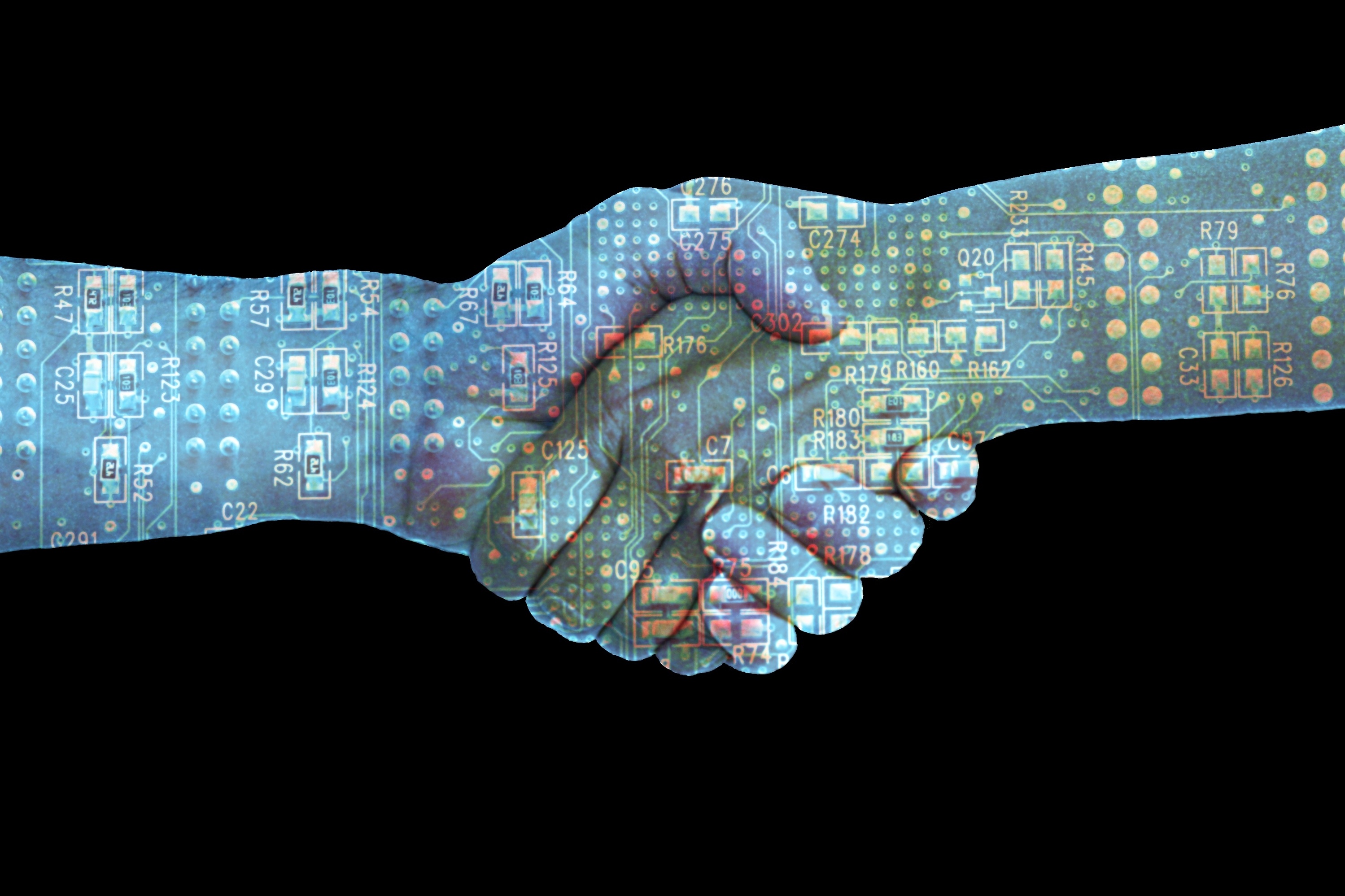

COMMENT Transparency. It's a buzzword politicians and corporate giants alike love. Using it suddenly makes them seem that little bit more honest. Even better than that, they believe it appeases those pesky lefties banging on about the value of trust.
The very use of the word transparency is, cunningly, ironically, being used by those same people as a smokescreen. Citizens are increasingly being left out of decisions that concern them and right now this is happening most disastrously on the internet. It is becoming more and more apparent there is little transparency being proffered by those running our virtual world.
So far this year, in less than two months, matters appear to be getting worse. Google has come under fire for changing customer privacy T&Cs, which effectively allowed it to share customer data between services. Those who don't like the changes can opt out, but what if people upset by the company's actions rely on the myriad services offered by Google to run their daily lives? They'll be stuck in a nasty bind.
It has quickly become hard to believe web-based companies will keep you happy and respect the trust you placed in them.
Meanwhile, Facebook is forcing people to change their profile page to the updated Timeline feature. If you don't like it, then leave. But again, what if you love the old system and need Facebook for keeping in touch with others? And what if you are anxious about the privacy implications of Timeline?
And now both app maker Path and Twitter have admitted to keeping hold of user contacts lists without telling anyone. Apparently that's common practice.
With all this happening in such a short space of time, it has quickly become hard to believe web-based companies will keep you happy and respect the trust you placed in them when you first signed up.
Get the ITPro daily newsletter
Sign up today and you will receive a free copy of our Future Focus 2025 report - the leading guidance on AI, cybersecurity and other IT challenges as per 700+ senior executives
People rightly see the web as a massively valuable and enjoyable tool to use, hence why so many have jumped on services offered by those aforementioned companies. Those people did not expect to have their faith repaid with changes they don't appreciate and unseemly revelations about privacy, however.
This is all part of a wider, even more disconcerting trend though the rapid decline of transparency across the internet. The web has always been plagued with misinformation. Thanks to anonymous trolls, PR companies making surreptitious alterations to Wikipedia, so-called journalists posting unwarranted disparaging comments about professional rivals online, amongst many others, trust in the internet has depreciated in value. Yet one can't shake the feeling things are on a downward slope, careening towards the cliff of no return.
What's most depressing is that it's the companies and organisations who we rely on to run and protect our internet services who are committing the most egregious acts. Even law enforcement agencies are eroding trust in the web.
The Serious Organised Crime Agency (SOCA), which appears to have taken a break from tracking organised criminals, this week closed down the rnbexclusive.com website. Before wisely removing it, the body left a stark warning for visitors: SOCA can track you from your IP address and throw you in jail for downloading files from such sites. It went so far as to thrust the visitor's IP address, browser and OS in front of them, just for that added soupcon of terror. Who knew they could be tracked by SOCA in this way? Who knew they could be threatened like this? Is this common knowledge? Hard to believe so...
Not only can we be totally unsure of what is happening to our data on the web, but now it seems we have no guarantees we can browse privately. When it comes to people's virtual lives, the majority are left in the dark about the services they use and who might be spying on their actions. In the corporeal world, this wouldn't stand. Imagine if someone decided to go into your house, redecorated it in a way so anathema to you it hurt your eyes to look at it, and then chucked up a few security cameras up for good measure. You'd be fairly upset, right?
This leaves us with some massive questions: who can we trust on the internet? Who can we trust to run the services that make it such a great thing? It's hard to know any more.
Tom Brewster is currently an associate editor at Forbes and an award-winning journalist who covers cyber security, surveillance, and privacy. Starting his career at ITPro as a staff writer and working up to a senior staff writer role, Tom has been covering the tech industry for more than ten years and is considered one of the leading journalists in his specialism.
He is a proud alum of the University of Sheffield where he secured an undergraduate degree in English Literature before undertaking a certification from General Assembly in web development.
-
 Third time lucky? Microsoft finally begins roll-out of controversial Recall feature
Third time lucky? Microsoft finally begins roll-out of controversial Recall featureNews The Windows Recall feature has been plagued by setbacks and backlash from security professionals
By Emma Woollacott Published
-
 The UK government wants quantum technology out of the lab and in the hands of enterprises
The UK government wants quantum technology out of the lab and in the hands of enterprisesNews The UK government has unveiled plans to invest £121 million in quantum computing projects in an effort to drive real-world applications and adoption rates.
By Emma Woollacott Published
-
 Capita tells pension provider to 'assume' nearly 500,000 customers' data stolen
Capita tells pension provider to 'assume' nearly 500,000 customers' data stolenCapita told the pension provider to “work on the assumption” that data had been stolen
By Ross Kelly Published
-
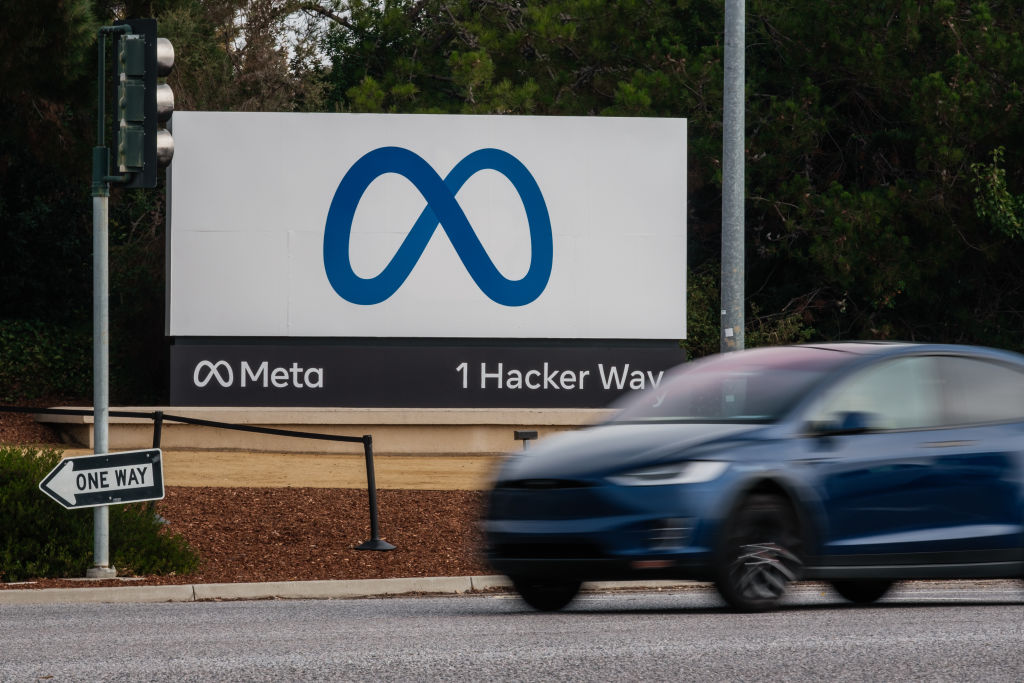 Latest Meta GDPR fine brings 12-month total to more than €1 billion
Latest Meta GDPR fine brings 12-month total to more than €1 billionNews Meta was issued with two hefty GDPR fines for “forcing” users to consent to data processing
By Ross Kelly Published
-
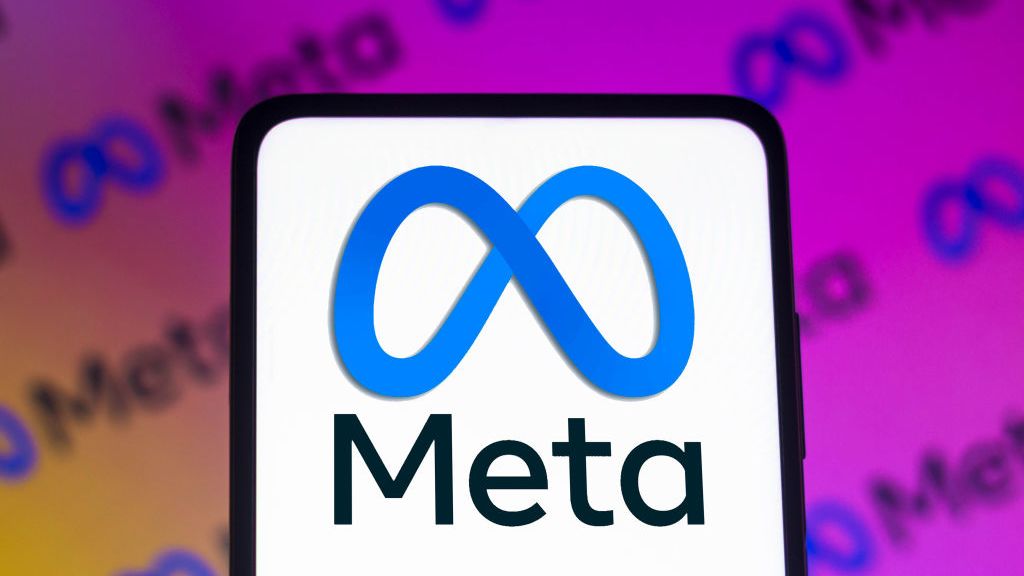 "Unacceptable" data scraping lands Meta a £228m data protection fine
"Unacceptable" data scraping lands Meta a £228m data protection fineNews The much-awaited decision follows the scraping of half a billion users' data and received unanimous approval from EU regulators
By Rory Bathgate Published
-
 Meta notifies around 1 million Facebook users of potential compromise through malicious apps
Meta notifies around 1 million Facebook users of potential compromise through malicious appsNews The vast majority of apps targeting iOS users appeared to be genuine apps for managing business functions such as advertising and analytics
By Connor Jones Published
-
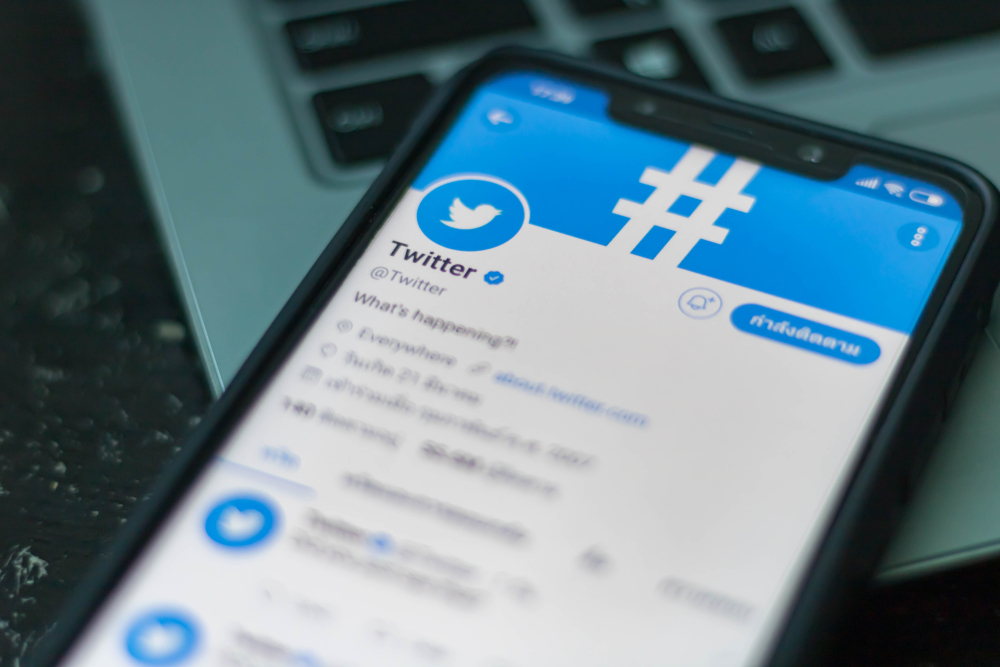 Twitter API keys found leaked in over 3,200 apps, raising concerns for linked accounts
Twitter API keys found leaked in over 3,200 apps, raising concerns for linked accountsNews Business and verified Twitter accounts linked to affected apps are at risk of takeover, use in malicious campaigns
By Rory Bathgate Published
-
 Facebook business accounts hijacked by infostealer malware campaign
Facebook business accounts hijacked by infostealer malware campaignNews Threat actors are using LinkedIn phishing to seize business, ad accounts for financial gain
By Rory Bathgate Published
-
 Meta begins encrypting Facebook URLs, nullifying tracking countermeasures
Meta begins encrypting Facebook URLs, nullifying tracking countermeasuresNews The move has made URL stripping impossible but will improve analytics
By Rory Bathgate Published
-
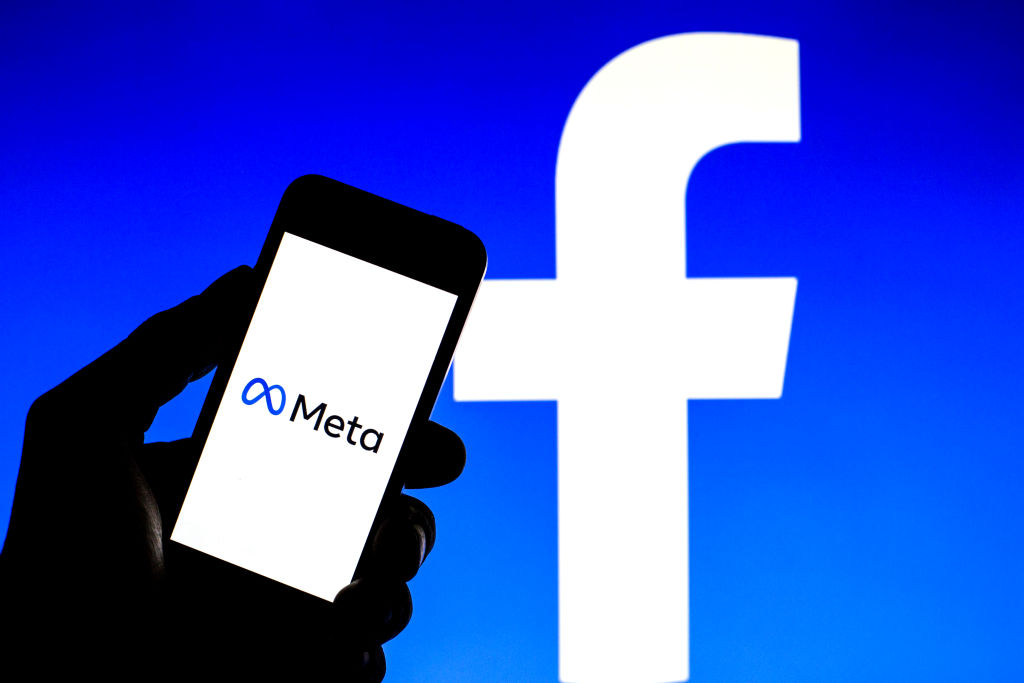 Meta hit with €17 million fine over multiple GDPR breaches
Meta hit with €17 million fine over multiple GDPR breachesNews The social media giant set aside over €1 billion in November to help it cope with potential fines arising from data protection investigations
By Zach Marzouk Published